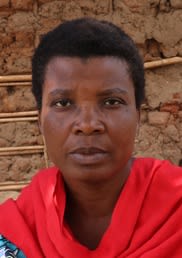Building back better or restoring inequalities? Gender and conflict sensitivity in the response to Nepal’s 2015 earthquakes
This report is based on research into the gender dimensions of humanitarian interventions in post-conflict settings from a peacebuilding perspective, using the 2015 earthquakes in Nepal as a case study from which lessons can be drawn for other contexts.
When natural disasters strike, the global response often looks similar, yet the contexts – with their own particular gender norms, expectations and socio-economic conditions – are often very different.
For example, marginalisation and geographic exclusion can shape the impact of a disaster on specific communities and influence their resilience to the crisis. Places affected by conflicts have additional complications as conflicts damage institutions and the social fabric, and lead to psycho-social trauma. Often, humanitarian programming does not take this into account, which leads to negative outcomes. For instance, providing support to survivors of sexual violence, or economic support initiatives that are not conflict-sensitive and fail to consider prevalent gender norms, have resulted in increased violence and domestic violence.
This paper identifies the risks posed by gender-blind humanitarian programming, the need to understand the multiple intersecting dimensions of vulnerability, as well as the key challenges in operationalising national and local gender and conflict-sensitive programming. The purpose of this investigation was to strengthen humanitarian programming that supports both gender equality and peace in complex post-conflict, post-disaster settings.






